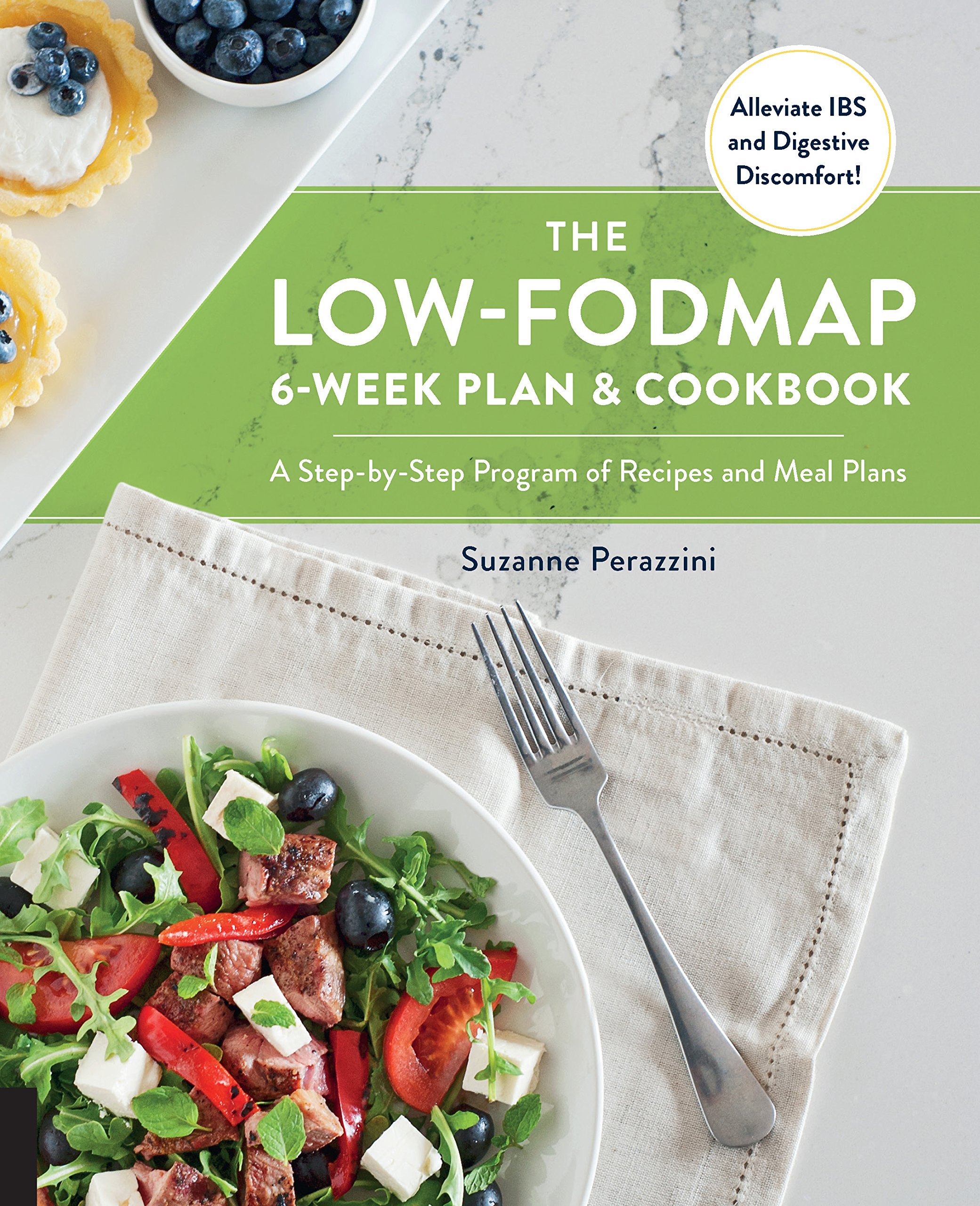
The efficacy of the elimination phase of the FODMAP diet is well established, but the success of maintaining this diet has been shown in only a few observational studies. How the efficacy of the low-FODMAP diet compares with that of other therapies has received limited attention, but recent studies have shown this diet to be comparable or superior to diets that address eating style and choice of food as well as to gut hypnotherapy. Mechanistically, dietary FODMAPs have very limited effects on the consistency of bowel actions but seem to suppress the release of histamine. Neither symptom pattern nor breath hydrogen testing for fructose or polyol malabsorption is a useful predictor of efficacy, but analysis of gut microbiota has potential. As a restrictive diet, the low-FODMAP diet carries risks of nutritional inadequacy and of fostering disordered eating, which has received little attention. Strict FODMAP restriction induces a potentially unfavorable gut microbiota, although the impact of this consequence upon health is unknown. This observation puts additional impetus on the reintroduction of FODMAPs according to tolerance during the maintenance phase of the diet. However, such a strategy should be implemented with care due to the psychological and nutritional risks of a restrictive diet.
Irritable bowel syndrome IBS is a common gastrointestinal disorder that affects 1 out of 10 people in the United States each year. With symptoms like cramping, diarrhea, gas and bloating, it’s no surprise that living with IBS can have a significant effect on a person’s quality of life. Diet is one way people manage IBS symptoms. A common treatment approach is to avoid the foods that trigger symptoms. These fermentable short-chain carbohydrates are prevalent in the diet. They increase the amount of fluid in the bowel. They also create more gas. That’s because bacteria in the colon they are easily fermented by colonic bacteria. The increased fluid and gas in the bowel leads to bloating and changes in the speed with which food is digested.
J Hum Nutr Diet. The papers were selected by three independent reviewers P. Altered gastrointestinal microbiota in irritable bowel syndrome and its modification by diet: probiotics, prebiotics and the low FODMAP diet. To absorb lactose, the lactase enzymes on the wall of your small intestines break it into two single sugar units. Chey W. It should be applied in appropriate situations with proper education, preferably by a health professional trained in its delivery. One study of a pediatric population assessed whether symptomatic response to the low-FODMAP diet, based upon pain frequency, was predicted by microbiota at baseline. This article has been cited by other articles in PMC. If there are many foods you can’t eat due to other medical conditions, inflexible food preferences, or your food philosophy, you will need extra help meeting your nutrient needs on a low FODMAP diet. Although large doses of FODMAPs eg, lactulose can induce diarrhea, the amount needed is usually much greater than that consumed in diet.
